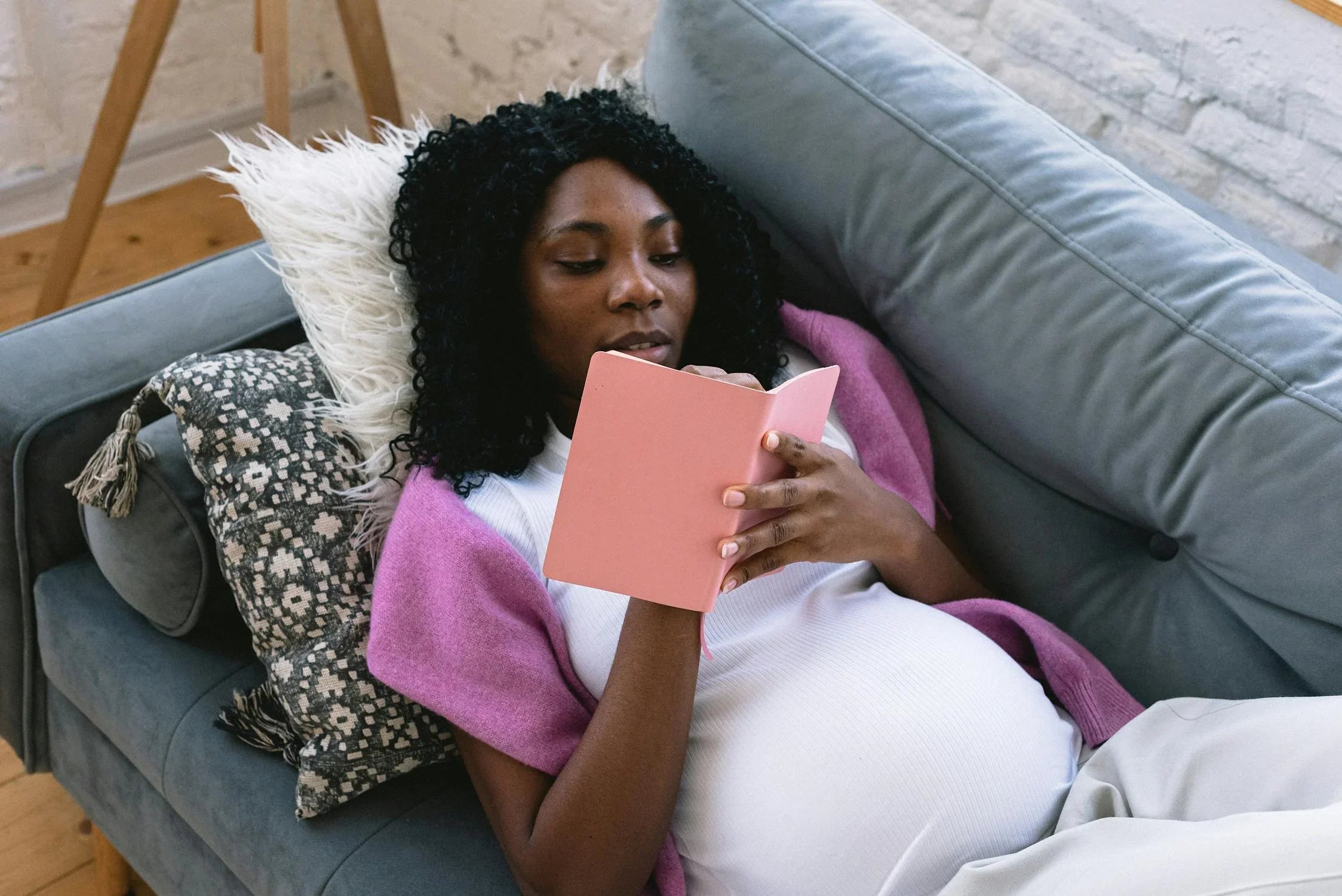Inicio
Pregnancy, Breastfeeding, and Pumping: The Ultimate Guide for Moms
Which Pregnancy Test Can Detect the Earliest: A Comprehensive Guide

Which Pregnancy Test Can Detect the Earliest: A Comprehensive Guide
When it comes to finding out if you're pregnant, timing is everything. The question on many women's minds is: which pregnancy test can detect the earliest? The answer lies in understanding how these tests work, what they detect, and the factors that influence their accuracy. Let's dive into the details to help you make an informed decision.
How Pregnancy Tests Work
Pregnancy tests detect the presence of a hormone called human chorionic gonadotropin (hCG) in your urine or blood. This hormone is produced by the placenta shortly after a fertilized egg attaches to the uterine lining. The levels of hCG increase rapidly in the early stages of pregnancy, doubling approximately every 48 to 72 hours.
Types of Pregnancy Tests
There are two main types of pregnancy tests: urine tests and blood tests. Urine tests are the most common and can be done at home, while blood tests are typically performed in a healthcare setting.
Urine Tests
Urine pregnancy tests are widely available and easy to use. They come in two formats: strips and midstream tests. Both types work by detecting hCG in your urine. The sensitivity of these tests varies, with some able to detect lower levels of hCG earlier in pregnancy.
Blood Tests
Blood tests are more sensitive than urine tests and can detect pregnancy earlier. There are two types of blood tests: qualitative hCG tests, which simply detect the presence of hCG, and quantitative hCG tests, which measure the exact amount of hCG in your blood. Quantitative tests can detect pregnancy as early as 6 to 8 days after ovulation.
Factors Influencing Early Detection
Several factors can influence how early a pregnancy test can detect hCG:
- Test Sensitivity: The sensitivity of a pregnancy test is measured in milli-international units per milliliter (mIU/mL). Tests with lower mIU/mL values can detect pregnancy earlier.
- Timing of Implantation: The fertilized egg must implant in the uterine lining before hCG production begins. Implantation typically occurs 6 to 12 days after ovulation.
- hCG Levels: The rate at which hCG levels increase varies from woman to woman. Some women may have higher hCG levels earlier, allowing for earlier detection.
- Time of Testing: hCG levels are highest in the morning, so testing with your first-morning urine can increase the chances of early detection.
Choosing the Right Pregnancy Test
When selecting a pregnancy test, consider the following factors:
- Sensitivity: Look for a test with a low mIU/mL value for early detection.
- Ease of Use: Choose a test that is easy to use and read, especially if you're testing early when hCG levels are low.
- Accuracy: Check the test's accuracy rate, particularly for early detection. Some tests claim to be over 99% accurate from the day of your expected period.
- Cost: While more sensitive tests may be more expensive, they may be worth the investment for early detection.
Tips for Early Testing
If you're eager to find out if you're pregnant, follow these tips for early testing:
- Wait for the Right Time: Testing too early can result in a false negative. Wait until at least 6 to 8 days after ovulation for the best chance of accurate results.
- Use First-Morning Urine: hCG levels are most concentrated in your first-morning urine, making it the best time to test.
- Follow Instructions Carefully: Read and follow the test instructions meticulously to ensure accurate results.
- Consider Retesting: If you get a negative result but still suspect you're pregnant, wait a few days and test again.
Understanding False Negatives and Positives
False negatives and positives can occur with pregnancy tests, especially when testing early. A false negative means the test indicates you're not pregnant when you actually are. This can happen if you test too early or if the test isn't sensitive enough. A false positive means the test indicates you're pregnant when you're not. This can occur due to certain medications, medical conditions, or an expired test.
When to See a Doctor
If you receive a positive result on a home pregnancy test, it's important to confirm the pregnancy with a healthcare provider. They can perform a blood test and provide guidance on prenatal care. If you receive a negative result but still haven't gotten your period, consult your doctor to rule out other potential causes.
Finding out if you're pregnant can be an exciting and nerve-wracking experience. By understanding which pregnancy test can detect the earliest and following the tips outlined in this guide, you can increase your chances of getting accurate results. Remember, the key to early detection is patience and choosing the right test for your needs.
Compartir
